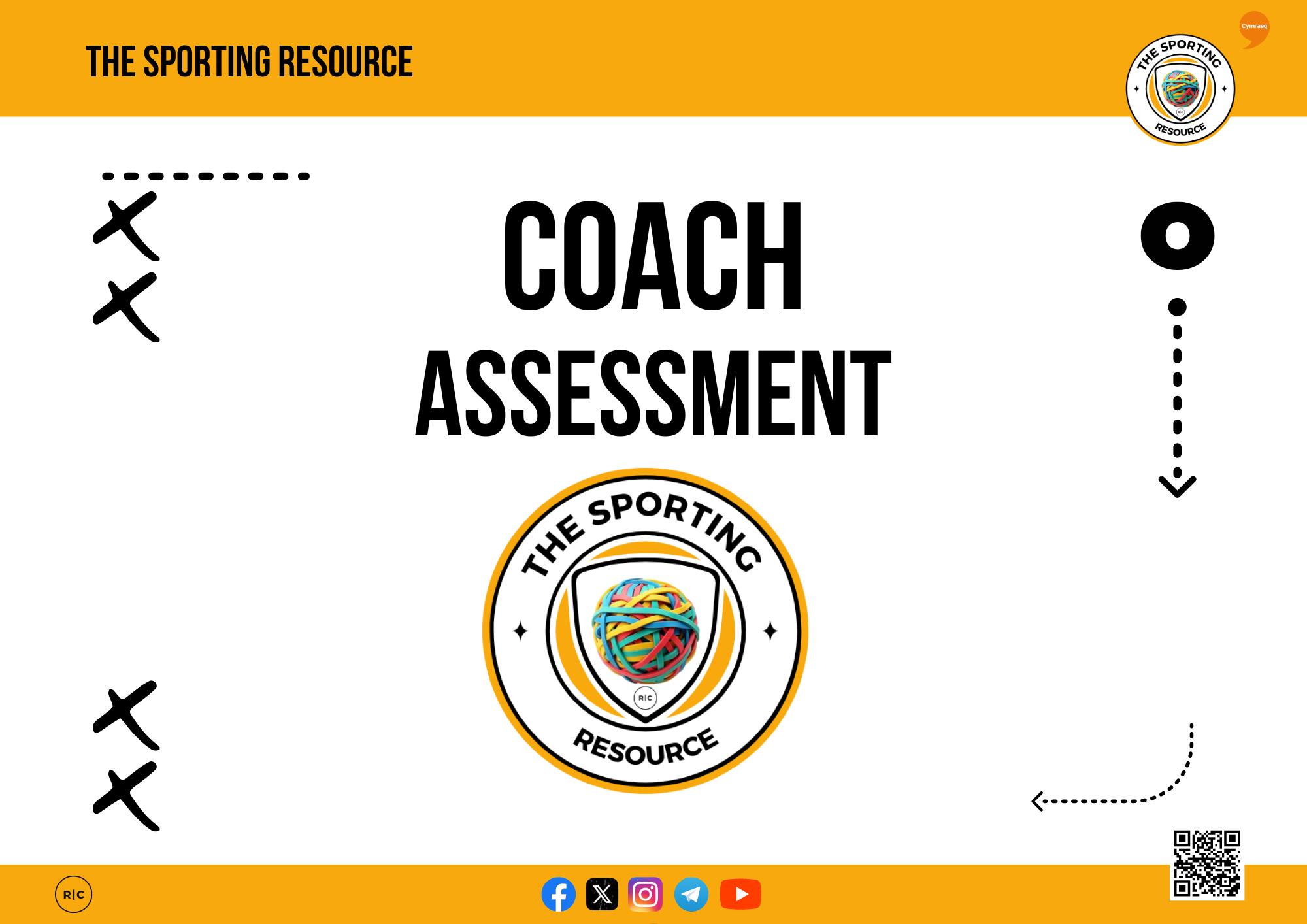

Our comprehensive resource for evaluating coaches equips organisations to nurture coaching talent, optimise player growth, and gain a competitive edge in sports and development. Identify coaching strengths and weaknesses with precision, enabling focused development initiatives that deliver tangible enhancements in performance and outcomes.
By integrating this invaluable tool, organisations can make sure that their coaches are not just equipped, but truly excel in the knowledge, skills, and behaviours essential for nurturing player growth and success. 🌟
📈 Improved Performance: Identify coaching strengths and weaknesses, enabling targeted development for better results.
💼 Talent Development: Nurture coaching talent within the organisation, fostering future leaders.
💪 Enhanced Player Growth: Elevate player development with coaches who possess the right skills and knowledge.
💼 Efficient Resource Allocation: Optimise resources by investing in coaches who align with organisational goals.
🌟 Competitive Edge: Stay ahead in the game by ensuring top-notch coaching for sustained success! 🏆⚽
Included in this comprehensive pack are 57 pages of carefully curated content, available in both PDF format and an editable link for seamless customisation to your organisation's unique needs and preferences.
Sneak Peak
5 Benefits of utilising the following templates:
1.Enhanced Coaching Effectiveness
2.Targeted Development Efforts
3.Improved Player Performance
4.Increased Organisational Efficiency
5.Talent Recognition and Development
6.Competitive Advantage:

5 ways you can practically implement this?
Performance Reviews: Conduct regular performance reviews using the framework's criteria to assess coaching effectiveness. Provide constructive feedback and identify areas for improvement.
Training and Development Programs: Develop tailored training and development programs based on the identified strengths and weaknesses of coaches. Offer resources and support to enhance their skills and knowledge.
Peer Mentoring and Coaching: Facilitate peer mentoring and coaching sessions where coaches can learn from each other's experiences, share best practices, and provide support in areas where they excel.
Goal Setting and Monitoring: Collaboratively set SMART (Specific, Measurable, Achievable, Relevant, Time-bound) goals with coaches to address their areas of improvement. Regularly monitor progress and guide as needed.
Recognition and Rewards: Recognise and reward coaches who demonstrate significant improvements in their coaching effectiveness. Celebrate successes and encourage continued growth and development.
By implementing these strategies, organisations can effectively utilise the templates for evaluating coaches to foster continuous improvement and drive positive outcomes in player development and team performance.















